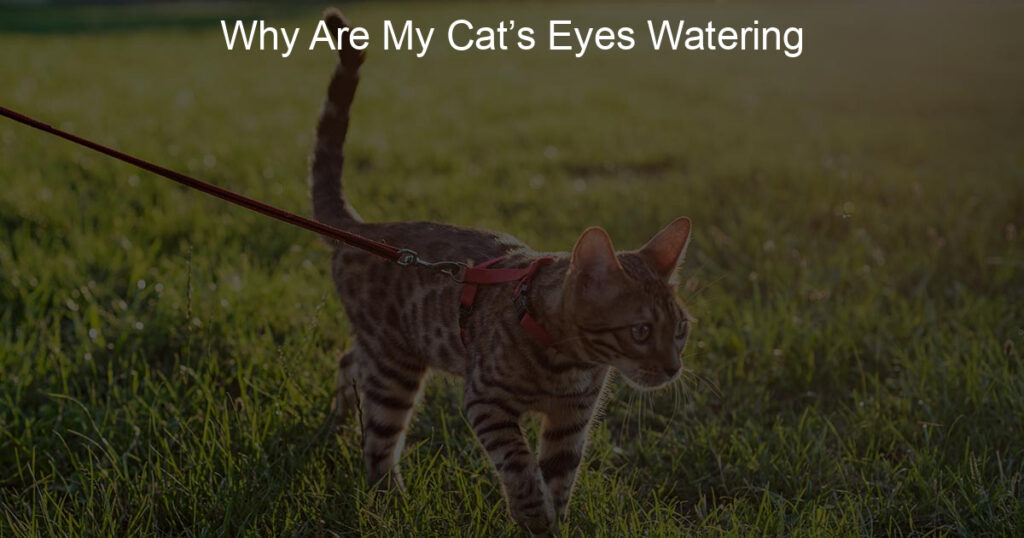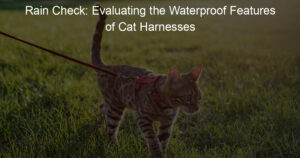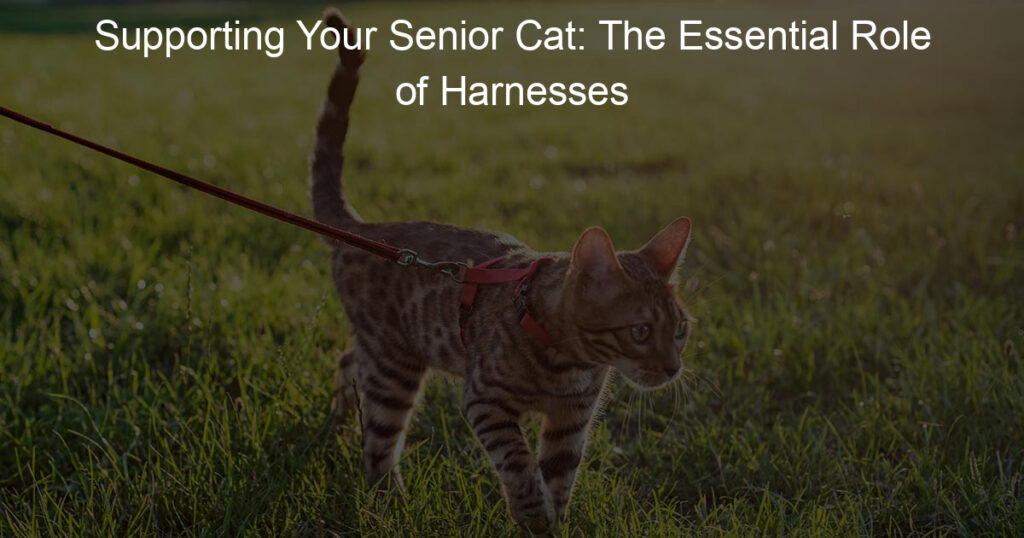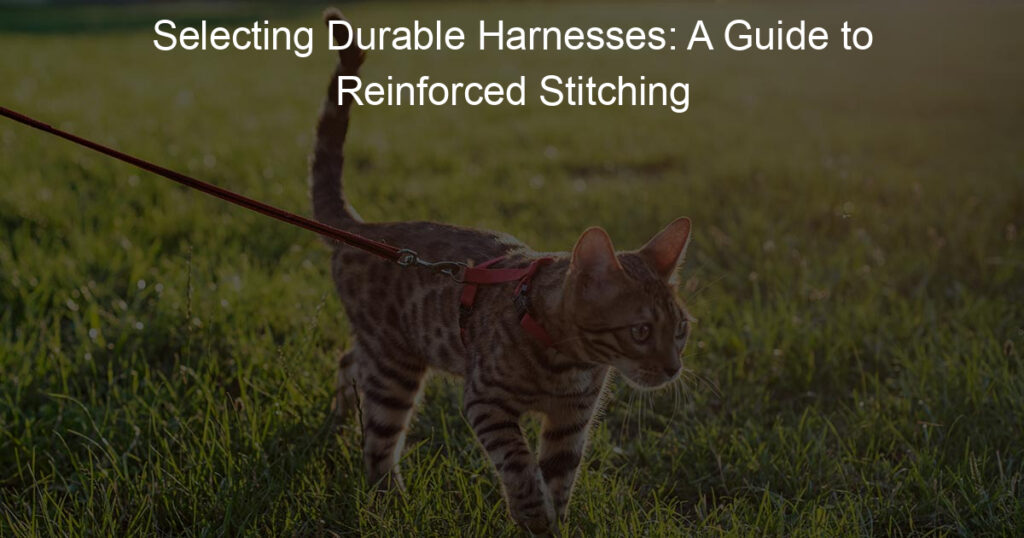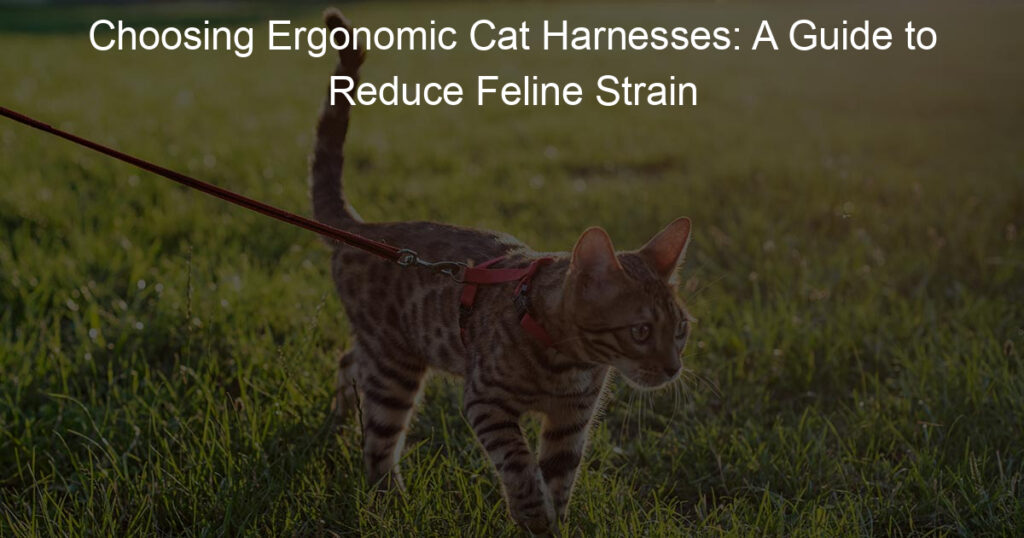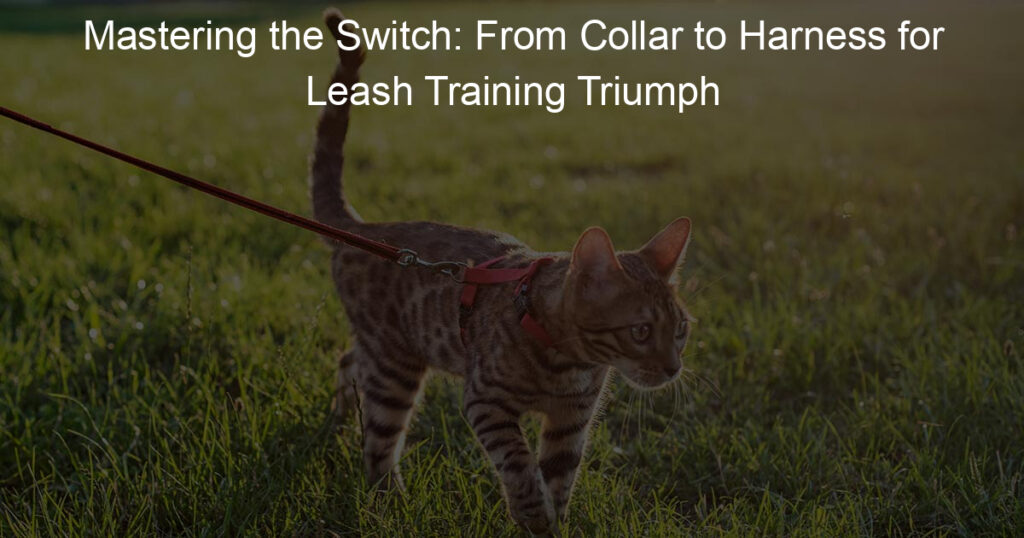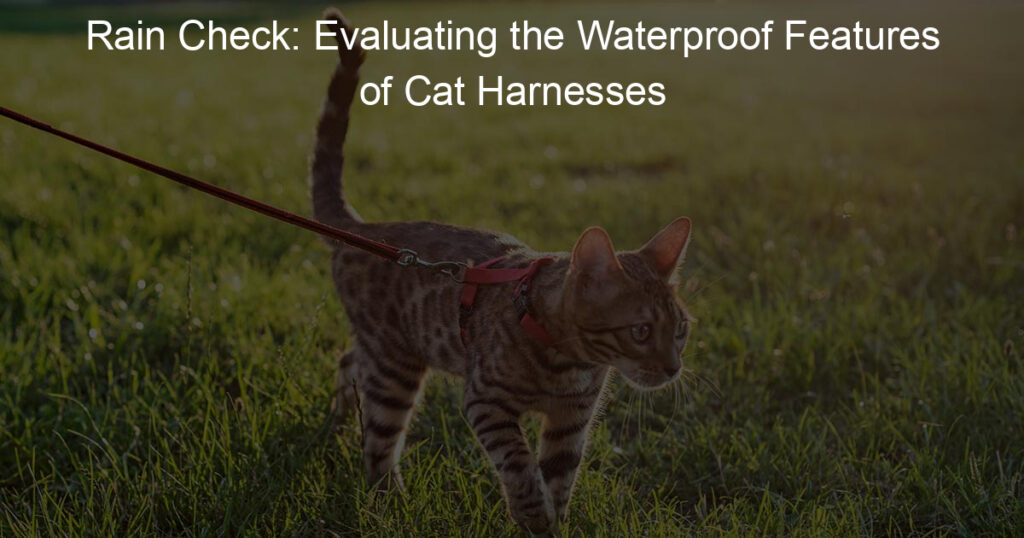If you’re like most cat lovers, then the sight of your feline friend with watery eyes can be concerning. Unfortunately, many cats will experience some form of eye discharge during their lifetime due to varying factors such as allergies, infections, and other medical conditions.
In this blog post, we’ll explore why cats suffer from watering eyes and how to best treat it. Read on if you want to learn more about the possible causes of watery-eyed kitties and the steps that can be taken to keep them safe and healthy in the long run!
Should I be worried if my cat’s eye is watering?
If you notice your cat’s eye is excessively watering, it may be a sign of an underlying issue. A variety of factors can cause watery eyes in cats, some more serious than others.
Issues such as an allergic reaction, infection, or foreign objects, like dirt or debris, can lead to watery eyes and should be addressed by your local veterinarian. Additionally, aging cats or those with certain health concerns can have watery eyes due to changing body chemistry.
Before attempting to diagnose the issue yourself, it is important to consult with a licensed vet so they can run tests and accurately diagnose the root problem. Failing to address this medical concern could result in further distress for your pet, resulting in discomfort and pain if left untreated.
How do you treat watery eyes in cats?
Watery eyes in cats can be a sign of several different issues, most commonly they can be caused by allergies, a cold, or even an eye infection. To properly treat your cat’s watery eyes, it is important to understand what may be causing the problem. In some cases for instance, if your cat has an allergy or infection, you might need to take them to the vet for a more specialized treatment such as antibiotic drops or special shampoos.
Alternatively, there are some home remedies that you can use to keep your cat’s eye moisturized like warm compresses and saline drops that have been approved by your veterinarian. Whichever treatment option you decide on, taking the time to properly care for your cat’s watery eyes will help make sure they remain healthy and happy.
Will my cat’s watery eye go away on its own?
Whether or not your cat’s watery eye will go away by itself is hard to say. It could be caused by anything from an allergic reaction to a more serious problem—or even just a passing issue.
If the watery eye has been present for more than a few days, it likely would be best to take your kitty to the vet for an evaluation and possible treatment. This way, you’ll have peace of mind in knowing that your fur baby is receiving medical care tailored to their specific needs.
How can I tell if my cat’s eyes are sick?
Cats’ eyes can be telltale signs of health – or illness. Telltale signs that your cat’s eyes might be sick include redness, swelling, or discharge. You should also keep an eye out for behavioral changes such as a decreased appetite, lack of energy, or even restlessness.
If you notice any of these symptoms in your cat, it is essential to contact your veterinarian as soon as possible for an examination and potential treatment. Additionally, regular checkups with your vet can help keep tabs on any potential issues and ensure your cat remains in optimal health throughout its life span.
What does a cat eye infection look like?
A cat eye infection can appear in a variety of ways, from crusty discharge and redness to cloudy eyes and changes in the cat’s pupils. It is important to recognize the signs of an eye infection early on so that proper treatment can be provided right away.
Those signs may include inflammation or swelling of the eyelids, drainage or tears of a strange color, or sensitivity to light due to pupil irregularity. In any case, you should take your pet to the vet as soon as possible for further examination if you suspect they are suffering from an eye infection.
Bringing it All Together: Why Are My Cat’s Eyes Watering?
In conclusion, cats’ eyes watering can be caused by allergies, infections, or other illnesses. It is always best to get your pet cat checked out by a veterinarian if you notice any odd eye-related symptoms. Additionally, simple precautions such as regularly cleaning and disinfecting the litter box and feeding your cat a nutritious diet can help reduce the chances of your cat developing more serious problems with its eyes.
Remember to also make sure that no dust particles, smoke, or allergens come in contact with your pet’s eyes as this could cause irritation and unnecessary watering. Lastly, download an app like PawCheck to set reminders for follow-up visits with your veterinarian – this may save time and money in the long run! The health of our furry friend depends on us so it’s important to keep an eye out for any issues that need attention.

